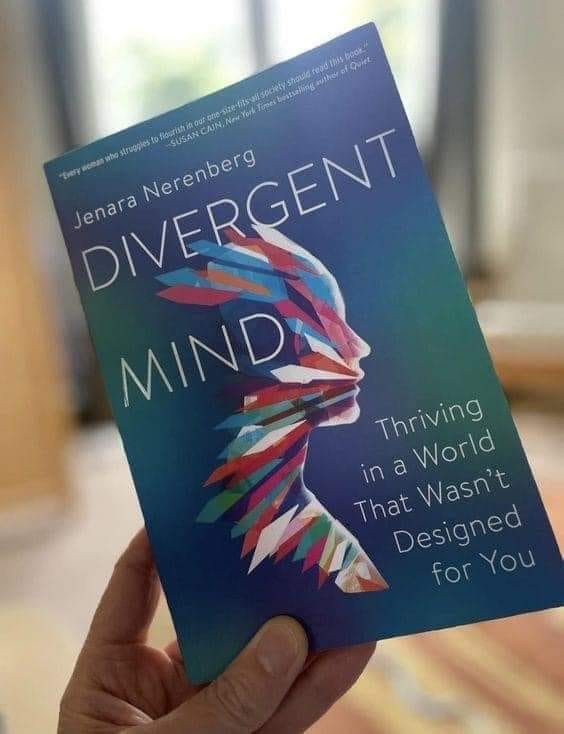The Divergent Mind: Embracing Creative Thinking
The concept of a “divergent mind” refers to a cognitive style characterized by the ability to generate multiple ideas, solutions, and possibilities in response to a given problem or challenge. This type of thinking is essential for creativity and innovation, allowing individuals to explore various avenues rather than adhering to a single, linear path. Let’s delve into the characteristics, significance, and applications of divergent thinking.
Characteristics of Divergent Thinking
- Flexibility: Divergent thinkers can shift their perspectives and consider different viewpoints, which enables them to adapt their ideas and solutions based on new information or changing circumstances.
- Fluency: This refers to the ability to generate a large number of ideas or responses in a short period. Divergent thinkers often brainstorm extensively, producing various options before honing in on the most viable solutions.
- Originality: Divergent thinkers often come up with unique and unconventional ideas. They are less constrained by norms and more willing to explore the unusual.
- Elaboration: This involves the ability to expand on ideas, adding detail and complexity. Divergent thinkers can take a basic concept and develop it into something richer and more nuanced.
Importance of Divergent Thinking
- Innovation: In today’s rapidly changing world, innovation is crucial for progress. Divergent thinking fosters creativity, leading to new products, services, and processes that can transform industries.
- Problem-Solving: When faced with complex challenges, a divergent approach allows for the exploration of multiple solutions. This can lead to more effective and comprehensive problem-solving strategies.
- Adaptability: The ability to think divergently helps individuals and organizations adapt to new situations and uncertainties, which is increasingly vital in a globalized and interconnected world.
- Collaboration: Divergent thinking encourages diverse perspectives, making it easier for teams to collaborate and come up with innovative solutions that draw on a variety of experiences and viewpoints.
Cultivating a Divergent Mindset
- Encourage Curiosity: Ask open-ended questions and promote an environment where curiosity is valued. This encourages exploration and the pursuit of knowledge.
- Practice Brainstorming: Regularly engage in brainstorming sessions, where all ideas are welcome, no matter how unconventional. This can help reduce the fear of judgment and encourage free thinking.
- Embrace Failure: Understanding that failure is a part of the creative process can help individuals take risks and explore new ideas without fear of negative outcomes.
- Diversify Experiences: Engaging in new activities, learning different skills, and meeting people from various backgrounds can broaden perspectives and inspire new ways of thinking.
- Limit Constraints: Create an environment that minimizes limitations and allows for freedom of thought. This can enhance creativity and foster a culture of innovation.
Conclusion
The divergent mind is a powerful asset in a world that increasingly values creativity and innovation. By embracing and cultivating divergent thinking, we can enhance our problem-solving abilities, foster collaboration, and drive meaningful change. Whether in personal endeavors or professional settings, nurturing a divergent mindset can lead to richer ideas and more effective solutions, ultimately contributing to a more dynamic and adaptable society.
